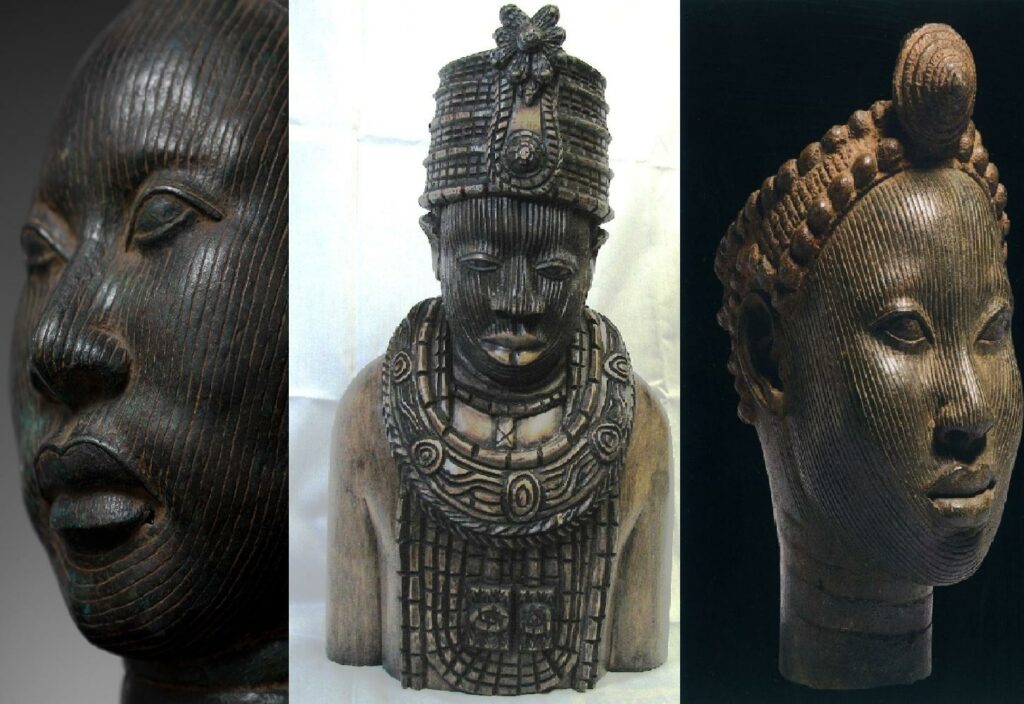Nestled amidst the stunning landscapes and vibrant cultures of East Africa lies a dark reality often overlooked by the global community – the forgotten wars that continue to ravage the region. From Somalia to South Sudan, these ongoing conflicts not only inflict immense suffering on the local populations but also have far-reaching consequences on a global scale. In this article, we delve into the complexities of East Africa’s forgotten wars, shedding light on the untold stories and exploring the ripple effects that extend far beyond the region’s borders.
The Complex Dynamics of East Africa’s Conflicts
East Africa is no stranger to conflicts, with multiple countries in the region grappling with ongoing violence and instability. The intricate web of factors contributing to these conflicts makes them incredibly complex and difficult to resolve. From historical grievances to political power struggles, the root causes of these wars run deep and have far-reaching consequences for the region and beyond.
As the world focuses on more high-profile conflicts, the wars in East Africa often go unnoticed and unaddressed. However, these forgotten wars have significant global implications, ranging from humanitarian crises to regional insecurity. It is crucial to shed light on the complexities of these conflicts and work towards sustainable solutions that can bring lasting peace to the region.
Examining the Root Causes and Historical Context
One of the most pressing issues facing East Africa today is the series of forgotten wars that continue to ravage the region. These conflicts have deep-rooted causes and are deeply intertwined with the historical context of the area. Understanding these root causes and historical background is crucial in order to grasp the complexity and severity of the ongoing conflicts.
At the heart of these conflicts lies a mix of factors such as colonial legacies, ethnic tensions, resource competition, and political instability. Many of the current conflicts can be traced back to the arbitrary borders drawn by colonial powers, which divided ethnic groups and created a legacy of rivalry and mistrust. The exploitation of natural resources, coupled with power struggles among various groups, has fueled violence and displacement. Moreover, the historical marginalization of certain communities has led to feelings of disenfranchisement and resentment, contributing to the cycle of violence.
International Communitys Role and Responsibility
In recent years, the international community has largely overlooked the ongoing conflicts in East Africa, where countries like Somalia, South Sudan, and the Democratic Republic of the Congo continue to suffer from violence and instability. These “forgotten wars” not only impact the local populations but also have global implications that cannot be ignored. The unchecked spread of extremist groups, widespread displacement of civilians, and the potential for these conflicts to spill over into neighboring regions are just a few of the many reasons why the international community must prioritize efforts to address and resolve these issues.
As key players on the world stage, both governments and non-governmental organizations have a crucial role to play in promoting peace and stability in East Africa. By increasing diplomatic efforts, providing humanitarian aid, and supporting local peacebuilding initiatives, the international community can help mitigate the impact of these conflicts and prevent further escalation. It is essential for all stakeholders to come together and take collective action to address the root causes of these conflicts and work towards sustainable peace and development in the region. Only through a united and coordinated effort can we hope to bring an end to the suffering of millions of people in East Africa.
Promoting Sustainable Peacebuilding Strategies
Despite being overshadowed by more well-known conflicts around the world, the ongoing wars in East Africa continue to have significant global implications. Countries like South Sudan, Somalia, and the Democratic Republic of Congo have been plagued by violence, displacement, and humanitarian crises for years, with no end in sight. The lack of attention given to these conflicts not only exacerbates the suffering of those directly involved but also allows for the proliferation of terrorism, arms trafficking, and other destabilizing forces in the region.
It is crucial for the international community to prioritize sustainable peacebuilding strategies in East Africa to address the root causes of these conflicts and prevent further escalation. By investing in conflict resolution, peacekeeping efforts, and development initiatives, we can help create a more stable and secure environment for the people of East Africa and reduce the potential for spillover effects that could impact the rest of the world. Through collaboration, diplomacy, and long-term commitment, we can work towards lasting peace and security in the region.
In Conclusion
As we reflect on the forgotten wars ravaging East Africa, it becomes apparent that the impact of these conflicts extends far beyond the region itself. The global implications of these ongoing struggles demand attention and action from the international community. Our awareness and understanding of these complex issues can serve as a catalyst for change and pave the way towards a more peaceful and secure world. Let us not forget the voices of those caught in the midst of conflict, and let us strive for a future where peace and stability reign in East Africa and beyond.


